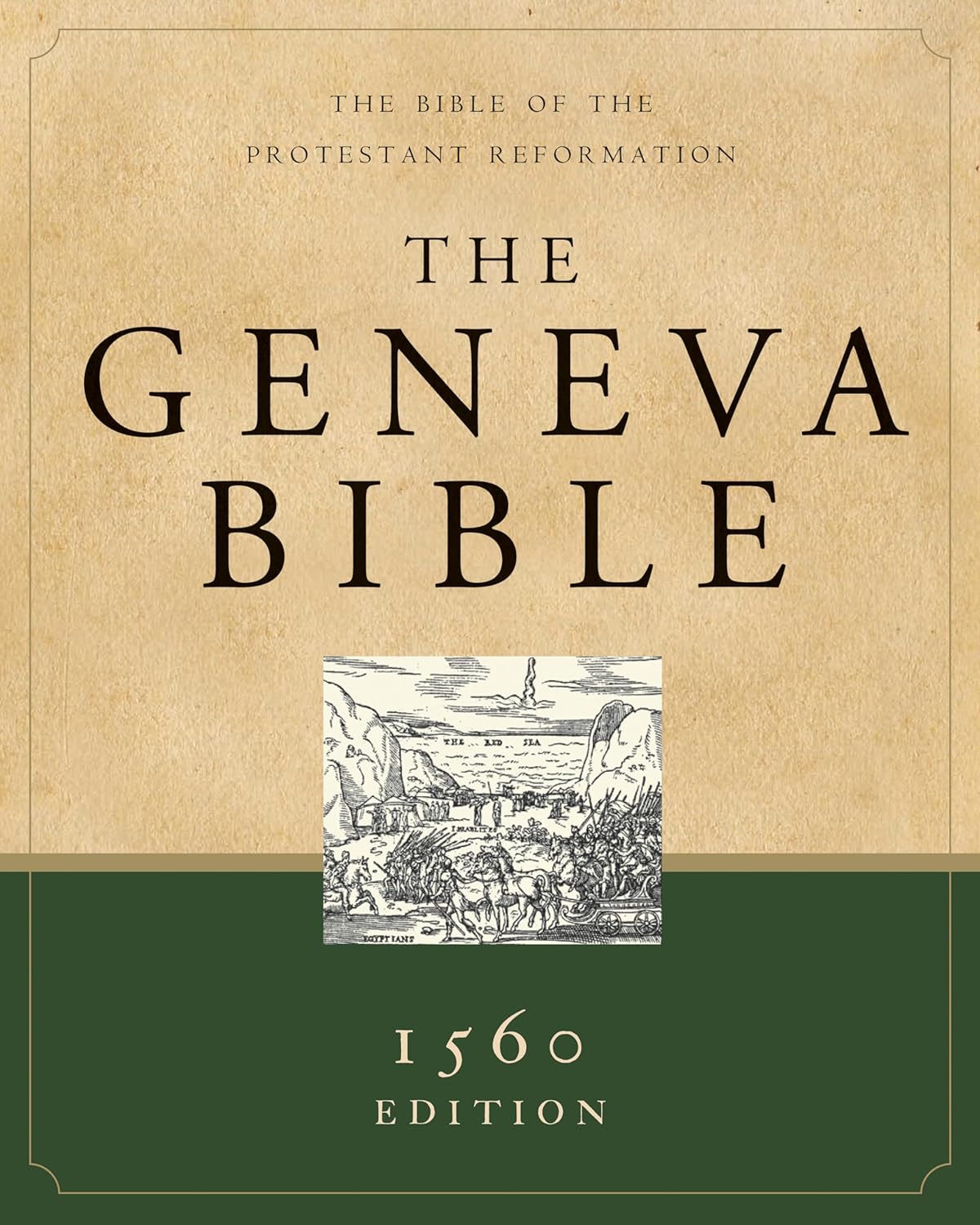 King Lear. Dir. Trevor Nunn and Chris Hunt. Perf. Sir Ian McKellen, Sylvester McCoy, Romola Garai, William Gaunt, Frances Barber, and Monica Dolan. 2008. PBS, 2009.
King Lear. Dir. Trevor Nunn and Chris Hunt. Perf. Sir Ian McKellen, Sylvester McCoy, Romola Garai, William Gaunt, Frances Barber, and Monica Dolan. 2008. PBS, 2009.My word, for what it's worth, is that it's a magnificent production, astonishingly acted and inventively directed. But the reason you don't have to trust me on this is that the film is now available for free viewing! Simply head to this PBS site and dig in!
In preparation for the school year, I recently purchased the DVD; while we're on the subject, let me offer a few comments that will serve as a micro-review of the film.
+Speaks+of+Fools.png) The production is beautiful rendered on DVD. I've written before about the privilege of seeing this cast perform this play at the Guthrie Theatre. Indescribable.
The production is beautiful rendered on DVD. I've written before about the privilege of seeing this cast perform this play at the Guthrie Theatre. Indescribable.
This video is nearly as good as being there. Certainly, it's the next best thing. The images in this post don't do justice to the clarity and detail of the video. You can see the seams of the costumes, for heaven's sake!
In addition to the stunningly effervescent acting—especially of Sir Ian McKellen and former Doctor (of Doctor Who fame) Sylvester McCoy, the decisions of the director are exceptionally interesting. There are moments that are too horrible to bear. And I suppose that's the point.
Trevor Nunn pays a considerable amount of attention to the relationship between the play's gods and the play's people. One way he does so comes near the very end of the play. Upon learning that Cordelia and Lear's lives are in jeopardy, Albany and Edgar desperately send Edmund's sword (the token of reprieve) in an attempt to stop the planned execution. The instant after the Gentleman departs, Albany says, "The gods defend them" (the text reads "The gods defend her" at V.iii.254; this change focuses our attention on the pair instead of on Cordelia alone) and each member of the entire company raises arms in supplication:

After only a few beats, Lear enters with his devastating line: "Howl, howl, howl, howl! O, you are men of stones" (V.iii.255). It's as horrific as you can imagine. And it's capped off with another line composed completely of monosyllables (Shakespeare is seldom high-falutingly verbose when he has his characters speak of the deepest emotions)—one of the most tragic lines in all of Shakespeare:
It's terrible. And marvelous. But, as I said before (paraphrasing Levar Burton's Reading Rainbow phrase), you don't have to take my word for it! Watch it yourself! Enjoy!

After only a few beats, Lear enters with his devastating line: "Howl, howl, howl, howl! O, you are men of stones" (V.iii.255). It's as horrific as you can imagine. And it's capped off with another line composed completely of monosyllables (Shakespeare is seldom high-falutingly verbose when he has his characters speak of the deepest emotions)—one of the most tragic lines in all of Shakespeare:
I know when one is dead and when one lives. (V.iii.258)
At the very end, the image of raising hands is presented again as the final speech (given, as in F, to Edgar in this production—not to Albany, as in Q) is delivered in voiceover. Edgar raises his hands and, in a gesture eloquent of despair, drops them uselessly to his sides.







